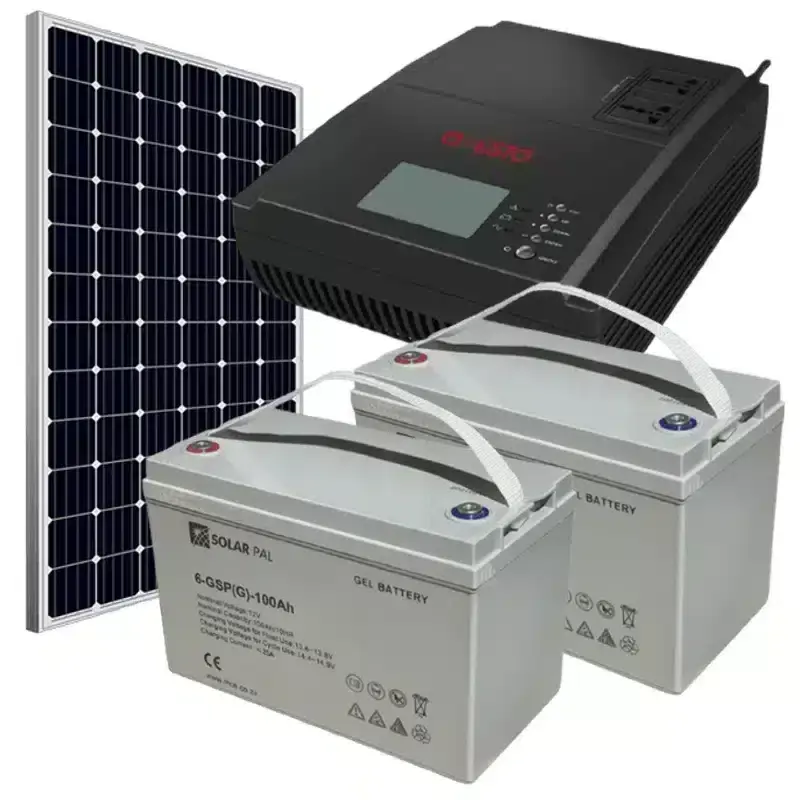As renewable energy continues to reshape the global energy landscape, solar power stands out as a cost-effective and sustainable solution. However, the addition of solar batteries to store excess energy often raises questions about cost versus value. Are solar and battery price worth the investment? In this article, we’ll delve into the economics of solar battery prices, assessing their benefits, long-term savings, and whether they make financial sense for your energy needs.
1. Breaking Down the Cost of Solar Batteries
Solar battery prices vary depending on factors such as type, capacity, and brand. The two most common battery types are:
Lithium-Ion Batteries: Known for their efficiency and long lifespan, these batteries dominate the market but come with a higher price tag.
Lead-Acid Batteries: A more affordable option, although they have a shorter lifespan and lower efficiency compared to lithium-ion batteries.
Typical costs for solar batteries range between $5,000 to $15,000, including installation. This cost includes:
Battery hardware
Inverter (if not included in your solar panel system)
Installation labor
2. Benefits of Investing in Solar Batteries
Despite the upfront costs, solar batteries provide several financial and practical advantages:
a. Energy Independence
Solar batteries store unused energy generated by your solar panels, reducing reliance on the grid. This independence protects you from rising electricity rates and power outages.
b. Savings on Electricity Bills
By storing energy and using it during peak hours when electricity rates are higher, homeowners can significantly lower their utility bills.
c. Environmental Impact
Investing in solar batteries reduces your carbon footprint, making your energy usage more sustainable.
3. Assessing Long-Term Savings
Payback Period
The payback period for solar battery price systems depends on your location, energy usage, and available incentives. On average, the system pays for itself within 7 to 10 years through energy savings.
Incentives and Tax Credits
Government programs like the Federal Investment Tax Credit (ITC) in the U.S. offer a 30% deduction on the cost of solar and battery installations. Local incentives and rebates can further reduce costs.
4. Is It Worth It for You?
Whether solar batteries are worth the investment depends on specific factors, including:
Your Energy Usage: High energy consumers benefit more from battery systems.
Solar Energy Generation: If your solar panels produce excess energy, a battery system can maximize its value.
Time-of-Use Rates: Regions with time-of-use electricity pricing see higher savings with solar batteries.
Frequent Power Outages: Batteries provide backup power, offering peace of mind.
5. Emerging Trends Lowering Costs
Technological advancements are making solar batteries more affordable. Key developments include:
Alternative Battery Chemistries: Sodium-ion and flow batteries are gaining traction as cost-effective solutions.
Mass Production: Increased demand is driving economies of scale, reducing manufacturing costs.
Innovative Financing Models: Options like leasing and Power Purchase Agreements (PPAs) reduce upfront costs.
6. The Environmental and Social Value
While the economic case is strong, the environmental impact is equally compelling. Solar batteries support the transition to renewable energy, reducing dependency on fossil fuels and promoting sustainable energy systems. While each energy storage solution has its pros and cons, solar batteries remain the most practical, cost-effective, and environmentally friendly option for homeowners looking to store excess solar energy. They offer a more seamless integration with solar panels, provide longer-term value through reduced electricity bills, and have lower operational costs compared to backup generators.
7. Conclusion: Weighing the Costs and Benefits
Investing in solar batteries can be a financially and environmentally sound decision, depending on your specific needs and circumstances. While the upfront costs may seem steep, the long-term savings, energy independence, and environmental benefits make them a worthwhile consideration. With ongoing innovations and incentives, solar batteries are becoming an increasingly accessible and valuable part of a sustainable energy future.



